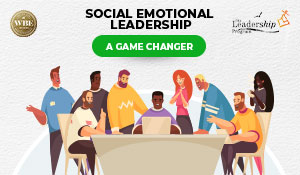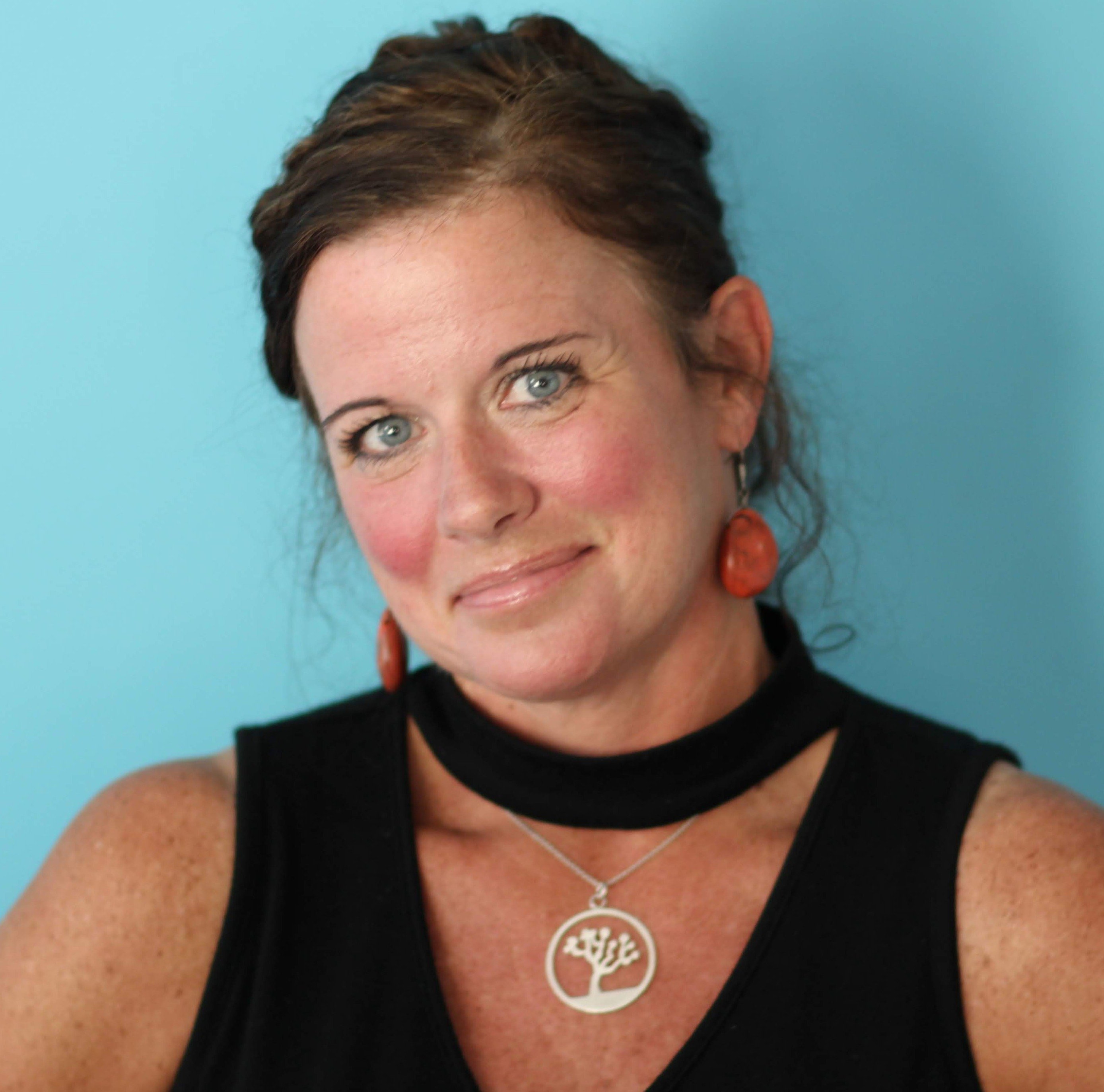You may have heard of social and emotional learning, or SEL. Defined and predominately shaped by the Collaborative for Academic, Social, and Emotional Learning, or CASEL, more than two decades ago, social and emotional competencies have become an essential avenue for developing key skills in our young people.
SEL is defined specifically by CASEL as “the process through which all young people and adults acquire and apply the knowledge, skills, and attitudes to develop healthy identities, manage emotions and achieve personal and collective goals, feel and show empathy of others, establish and maintain supportive relationships, and make responsible and caring decisions.”
Beyond Classrooms: SEL in Daily Life and Work
But, wait—it’s not just for students, and it’s not meant to be left to the classrooms. Social and Emotional skill-building is at play throughout our lives, and is often translated in the workspace as Emotional Intelligence. Defined by John Mayer and Peter Salovey but popularized and expanded upon by Daniel Goleman, Emotional Intelligence—or EQ—is “the ability to perceive emotions, to access and generate emotions so as to assist thought, to understand emotions and emotional knowledge, and to reflectively regulate emotions so as to promote emotional and intellectual growth."
In other words, though these have historically been categorized as “soft skills,” this stuff is as hard as it gets.
The Crucial Role of SEL in Leadership
A quick internet search will inundate you with articles and insights from global organizations like Google, renowned institutions of higher education like Harvard, popular business magazines like Inc, and so on and on and on…. all pointing in the same direction:
Effective leaders have a deep understanding about, and a healthy display of, social and emotional skills. And in these uncertain and unprecedented times, these are the skills that will determine whether you falter or flourish.
So, we need to be talking about social and emotional leadership, and we need to challenge ourselves to look at our own leadership style and techniques through this lens. Because if you want to be a great leader, a transformative leader, a change agent, a positive disruptor; well, these are skills you must nourish—there is no work around; there is no free pass past SEL.
Assessing Yourself: The SEL Perspective
Between SEL and EQ you will find five similar competencies commonly focused on. In the simplest of terms, here are the categories, and how to think about them for yourself:
- Self-Awareness: How am I feeling? (and why?)
- Self-Management: What am I doing about how I’m feeling? (and is it helping or hurting?)
- Social Awareness: How are you feeling? (and why?)
- Relationship Skills and Empathy: What am I doing about how you’re feeling? (and is it helping or hurting?)
- Responsible Decision Making: What decisions are we making that are moving our relationship/company/community/world forward in a positive and productive direction? (and what decisions are sending us backwards?)
Sparking Self-Reflection: Ten Questions for Leaders
The first step is to simply look at these categories and reflect for yourself—how am I doing here?
Here are ten starter questions to ignite your self-assessment:
- As a leader, do I intentionally pay attention to the core SEL skills?
- As a leader, do I intentionally seek to understand to the emotional climate of my team?
- As a leader, do I see people or tasks first?
- As a leader, am I empathetic and compassionate to the various needs and concerns of my team members?
- As a leader, am I intentionally striving to create a safe and equitable workplace for my team?
- As a leader, am I allowing space for differences, in opinions and experiences?
- As a leader, am I intentionally practicing active listening with my team?
- As a leader, am I taking the needs of my entire community into consideration when making decisions?
- As a leader, am I remembering that questions are often-times more important than answers?
- As a leader, am I curious?
The Continuous Journey of SEL Leadership
If your introspection leaves you somewhat uncomfortable, do not be overly alarmed. The path towards socially and emotionally intelligent leadership is an ongoing one. It's a lifelong quest for excellence marked by multiple beginnings, pauses, and re-starts. This journey revolves around enhancing human connections, a process that is beautifully intricate and ever-evolving.
Are you ready to invest in this endeavor? For a more in-depth understanding of SEL and its transformative power in leadership, delve into our comprehensive SEL Page. Let's venture together into a new era of effective and empathetic leadership.





Comments [0]
Click here to read/write comments